Commissioned by The Chiseler, and posted there on July 4, 2020. — J.R.
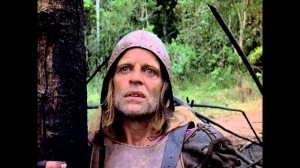
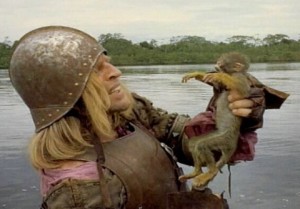
My first encounter with Werner Herzog was at the Directors’ Fortnight at Cannes in 1973, where I first saw Aguirre, the Wrath of God in an English-dubbed version that included, if memory serves, a few Brooklyn accents in 16th century Peru. (This is why it took some rethinking and retooling before the film could be successfully exhibited in the U.S., in German with subtitles.) But what flummoxed me the most — in spite of the film’s awesome visual splendor and its crazed poetic conceits — was what Herzog revealed about the opening intertitle when I asked him about it during the Q & A.
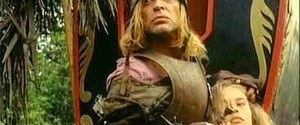
The intertitle: “After the conquest and sack of the Incan empire by Spain, the Indians invented the legend of El Dorado, a land of gold, located in the swamps of the Amazon tributaries. A large expedition of Spanish adventurers led by Pizarro sets off from the Peruvian sierras in late 1560. The only document to survive from this lost expedition is the diary of the monk Gaspar de Carvajal.” Herzog’s cheerful admission: the bit about the document and the diary was a total lie, invented by him because he reasoned that people wouldn’t accept the film’s premises otherwise. Read more
From the Chicago Reader (October 21, 1994). This is also reprinted in my collection Movies as Politics. — J.R.
*** ED WOOD
(A must-see)
Directed by Tim Burton
Written by Scott Alexander and Larry Karaszewski
With Johnny Depp, Martin Landau, Sarah Jessica Parker, Patricia Arquette, Jeffrey Jones, Bill Murray, Lisa Marie, George “The Animal” Steele, and Vincent D’Onofrio.
*** PULP FICTION
(A must-see)
Directed and written by Quentin Tarantino
With John Travolta, Samuel L. Jackson, Uma Thurman, Bruce Willis, Ving Rhames, Maria de Medeiros, Tim Roth, Amanda Plummer, Harvey Keitel, Eric Stoltz, Rosanna Arquette, Christopher Walken, and Tarantino.
[The media] ask those who know nothing to represent the ignorance of the public and, in so doing, to legitimize it.
— Serge Daney, Sight and Sound
If you want a happy ending, that depends, of course, on where you stop your story. — Orson Welles
In Vamps & Tramps, Camille Paglia’s latest collection of sound bites and press clips, one finds an extended account of her long-term obsession with Susan Sontag, including the following nugget: “She is literally being passed by a younger rival, and she’s not handling it, I’m afraid, very gracefully. . . . I am the Sontag of the 90s, there’s no doubt of it.” Read more
From the Chicago Reader (July 10, 1992). For more on Endfield, see Brian Neve’s excellent new biography, The Many Lives of Cy Endfield: Film Noir, the Blacklist, and Zulu, as well as my subsequent Reader article about him and my essay “Pages from the Endfield File,” which grew out of the preceding two pieces and is reprinted in my 1997 collection Movies as Politics. This particular piece has been upgraded in terms of illustrations. — J.R.
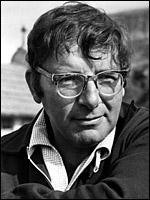
FILMS BY CY ENDFIELD
The role of a work of art is to plunge people into horror. If the artist has a role, it is to confront people — and himself first of all — with this horror, this feeling that one has when one learns about the death of someone one has loved. — Jacques Rivette in an interview, circa 1967
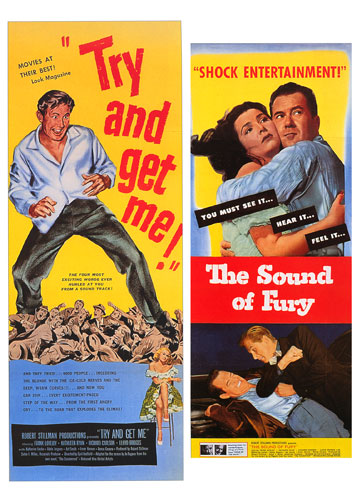
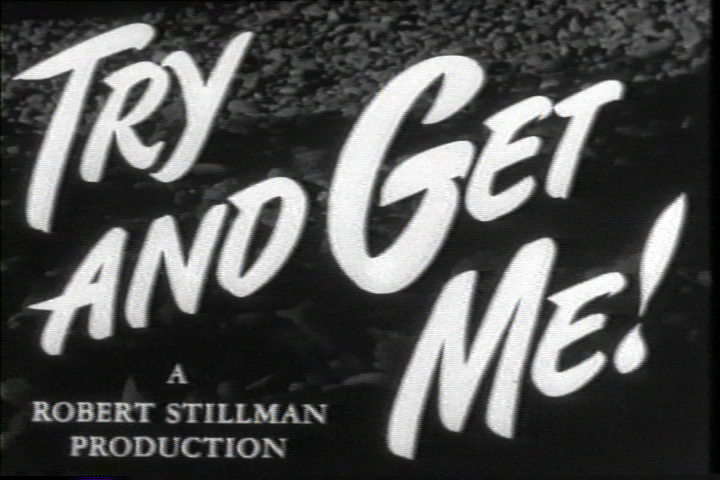
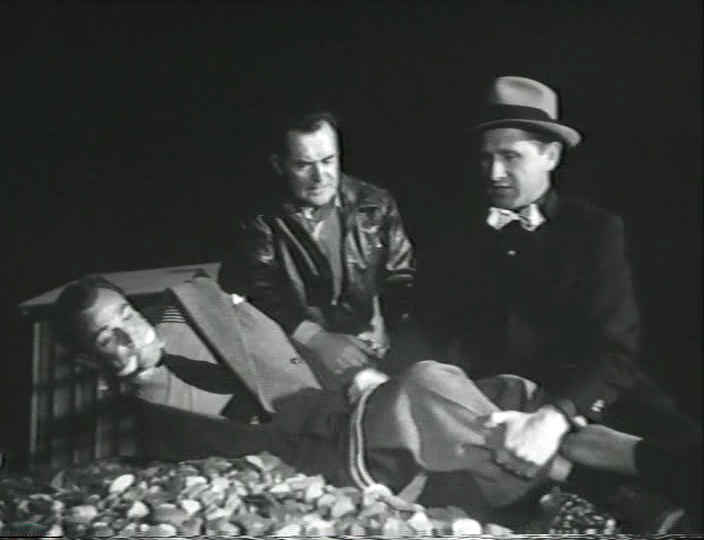
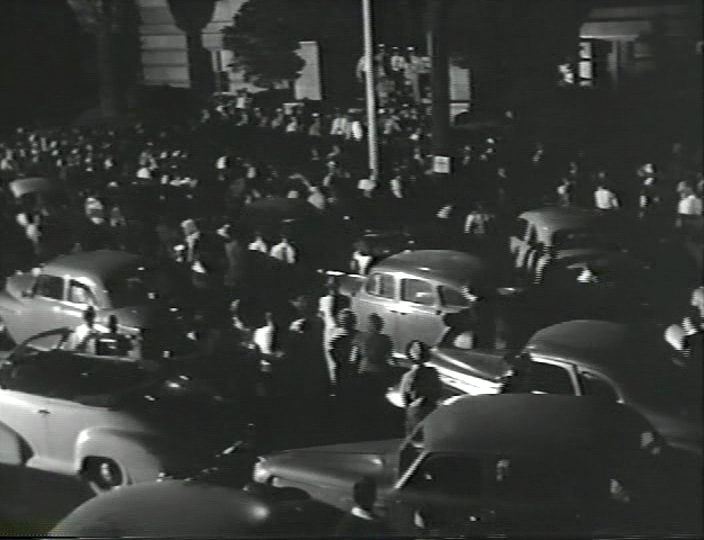
Cyril Raker Endfield, who will turn 78 this November, is the sort of filmmaker auteurist critics like to call a “subject for further research.” To the best of my knowledge, he has directed 21 features — the first 7 in the United States between 1946 and 1951, the remainder in England, continental Europe, and South Africa between 1953 and 1971 — and worked on the scripts for most of them, as well as on the scripts of two Joe Palooka films (apart from the two he directed), a Bowery Boys picture (Hard Boiled Mahoney, 1947), Douglas Sirk’s Sleep My Love (1948), a prison picture called Crashout (1955), Jacques Tourneur’s Curse of the Demon (1958), and Zulu Dawn (1979), a sort of prequel to Endfield’s only hit, Zulu (1964). Read more








